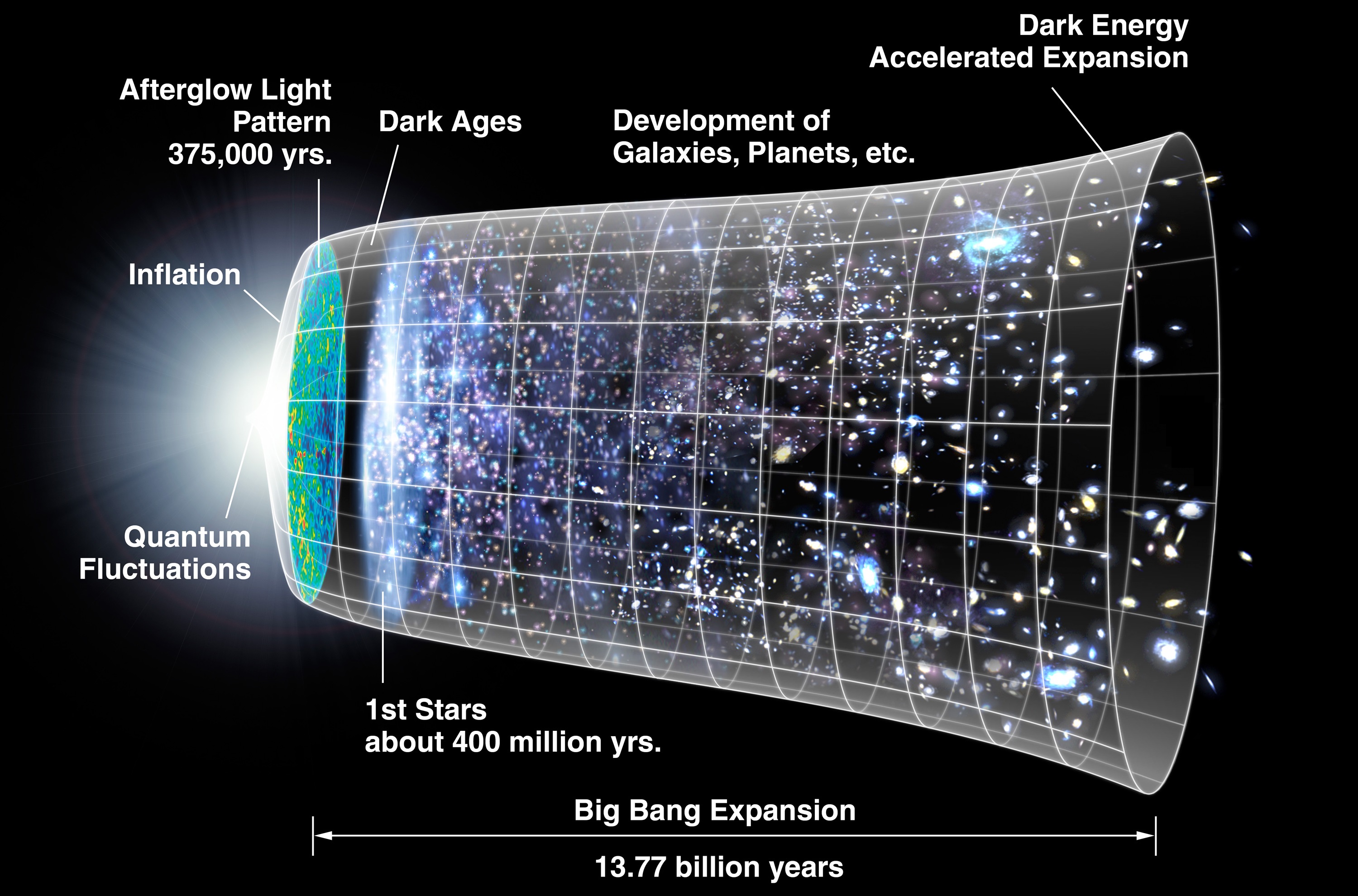
Gravitational Attraction
What would happen if two people out in space a few meters apart, abandoned by their spacecraft, decided to wait until gravity pulled them together? My initial thought was that …
In #articles

In a talk about something from nothing, Lawrence Krauss describes how physics addresses the concept of "nothing". He has been criticized here and again here, primarily for redefining "nothing" in a way that the philosophers don't consider as nothing. Essentially, philosophers want to say that "nothing" is without properties or process, and that Krauss' physics-based "nothing" has properties. Thus the apologists claim that the universe cannot come from "nothing", that there must be a creator.
I was thinking about this today. One response is that no one has demonstrated that the philosophical notion of "nothing" is at all possible - there may not be a way for there to be "nothing". One also hasn't demonstrated that the universe itself couldn't have always existed, or perhaps the laws have always existed.
But even granting all of that, the creation of the universe from "nothing" by the creator is not even a creation from "nothing" - the creator has to be there first, and the creator has properties, and is presumed to be eternal. Thus the philosophers and apologists who claim that the creator made the universe "ex nihilo" are really claiming nothing of the sort.